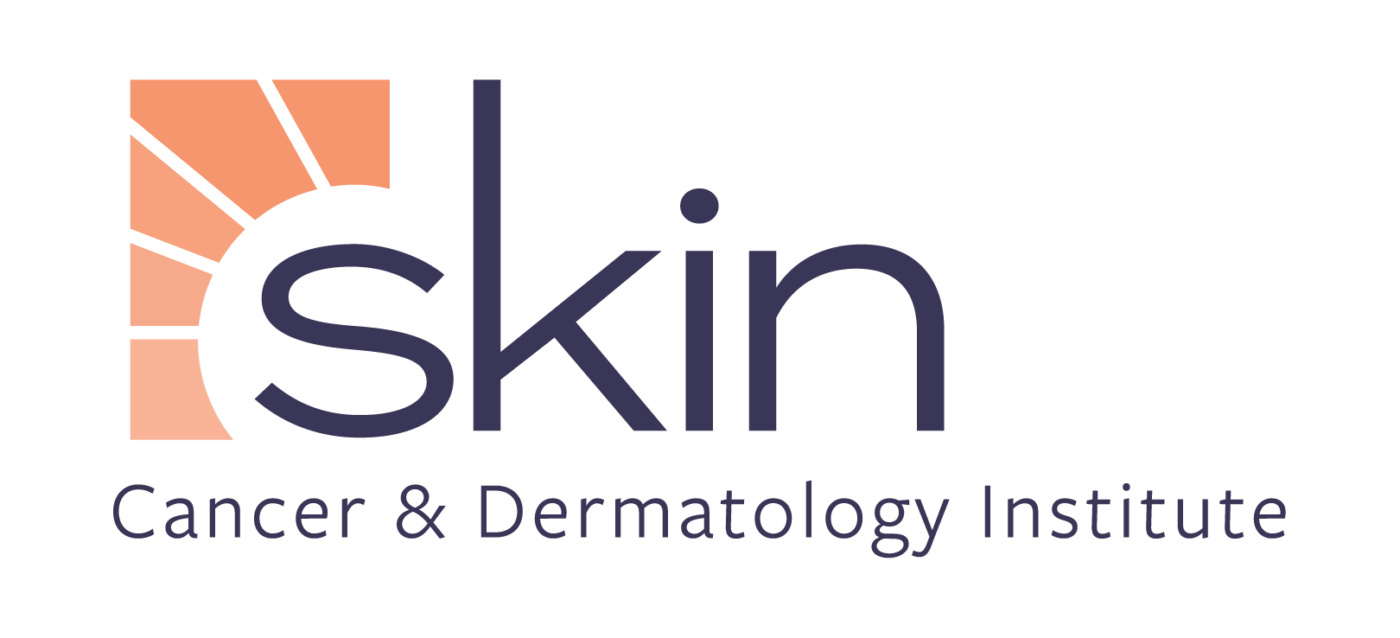April is the time tob loom! Spring is nature’s grand awakening, where vibrant blooms burst forth, painting the landscape with a palette of colors. It’s a time of rejuvenation as life emerges from its wintry slumber, infusing the world with energy and promise. The Skin Institute at SkinCancer & Dermatology Institute has chosen April’s specials specifically to allow your skin to rejuvenate and bloom this month.
Buy Four Full-Face Resurfacing Treatments – Get Four Dermaplaning Treatments and a BioCellulose Mask for Free
Package may not be shared or transferred.
Purchase required before April 30, 2024.
Package expires April 30, 2025.
Select locations only
15% off Vitamin C Products Including ALASTIN Skincare® C-Radical, SkinCeuticals® CE Ferlic, Revision Skincare® Vitamin C+ Correcting Complex
About Laser Resurfacing
Fractional and fully ablative CO2 laser resurfacing are among the most effective tools we have in medicine to address deep, etched-in wrinkles around the mouth, eyes, and cheeks. Ablative lasers work through the administration of energy converted to heat, leading to controlled damage of the epidermis (skin), subsequent collagen remodeling, and new, healthy, youthful skin. Laser resurfacing treatments can be personalized to the patient’s needs, allowing for a more aggressive approach by treating the entire face or a more targeted approach, treating only specific problem areas, such as around the eyes or mouth. When choosing a treatment plan, remember thatt he larger the area treated, the more intense the downtime will be. Patients willing to put in the downtime for the procedure can set the aging clock back at least ten years.
The following are some basics on the different types of lasers:
Ablative v. Non-ablative
Ablative lasers remove a thin layer of the outer skin (epidermis) while heating the underlying skin (dermis), stimulating collagen growth. As the epidermis heals, it regrows skin tissue that appears smoother and tighter. These treatments are considered more aggressive, leading to a longer recovery while your skin heals.
Non-ablative lasers heat the underlying skin tissue without harming the surface skin so thatyour body produces new collagen. This is a milder treatment than an ablative laser, leading to a faster recovery time.
Fractionated v. Non-fractionated
A fractionated laser is a type of laser that can be ablative or non-ablative. It delivers microscopic columns of thermal damage throughout the tissue area. They were developed for shorter recovery times and to reduce the risk of side effects since they only treat a“fraction” of the skin instead of the whole surface. Some lasers under this category include pulsed-dye lasers, erbium lasers, and light therapy lasers.
Non-fractionated lasers use a solid beam of laser energy to affect the entire targeted skin area. This makes them more aggressive than fractionated lasers, which are used for more severe issues such as deeper age spots and deep wrinkles.
CO2 Lasers are among the first and highest-powered lasers that use carbon dioxide gas to remove thin layers of skin with minimal heat damage to the surrounding tissue. At The Skin Institute, one of our highly qualified Dermatology Providers will review your skin concerns and medical history to determine a treatment plan specific to your skin care goals and desired results. We offer various laser treatments that can be customized to fit your needs.
What to Expect
Before the procedure, numbing cream is applied to the face for one hour. Depending on the intensity of the treatment, injectable numbing may also be used to maximize patient comfort. During the procedure, the targeted area is treated with the laser, at which time one might expect to feel a faint warmth from the resurfacing procedure through the anesthetic.
After the procedure, patients can expect redness and some inflammation of the areas treated for the first few days. New collagen is forming during this portion of the healing process. The skin can be slightly red for three weeks to a month during the final stages of healing. Multiple treatments may be required to reach your skin care goals depending on the procedure you and your Dermatology Provider select.
Benefits & Risks of Laser Resurfacing
The most beneficial outcomes of laser resurfacing include:
- Improvement of fine lines and wrinkles
- Minimization of discoloration and overall improvement in pigmentation
- Skin tightening
- Treatment of sun damage and pre-cancerous actinic keratoses
Though non-invasive, there are some risks to keep in mind:
- Low risk of prolonged redness, hyperpigmentation, infection, and scarring
- Many patients are pink to red in the areas treated for up to a month, which is considered part of the regeneration and repair process
To reduce the risk of hyperpigmentation (brown spots), we recommend minimal sun exposure during the healing and regenerative process. Protect your skin using sunscreen with an SPF of30 or higher.
The Basics of Dermaplaning
Dermaplaning is a gentle form of exfoliation that can be used on most skin and hair types. Along with gently removing the top layers of dead skin cells, it removes debris and fine vellus facial hair or peach fuzz. This is a safe and effective treatment for patients at risk of chemical absorption, such as those who are pregnant, nursing, or experiencing other health conditions. It is an excellent option to get before a big event, as your makeup will lay perfectly and flawlessly on your soft skin.
Enjoy dermaplaning as a stand-alone treatment, or ask about the benefits of an add-on treatment where we combine dermaplaning with a micropeel to help the smooth texture, decongest pores, and hydrate your skin.
Product Special:15% off Vitamin C Products, Including ALASTIN Skincare® C-Radical, SkinCeuticals® CE Ferlic, and Revision Skincare® Vitamin C+ Correcting Complex
Why are vitamin C products great for spring? Vitamin C offers several benefits:
- Antioxidant Protection: vitamin C is a potent antioxidant that helps protect the skin from damage caused by free radicals generated from environmental stressors such as pollution and UV radiation. This protection can help prevent premature aging and maintain skin health.
- Collagen Production: vitamin C is essential for collagen synthesis, which helps improve skin firmness and elasticity, reducing the appearance of wrinkles and fine lines.
- Brightening Effect: vitamin C has skin-brightening properties due to its ability to inhibit melanin production.
- Hydration: it can help improve skin hydration by enhancing its moisture barrier function.
- Wound Healing: promotes faster wound healing and reduces inflammation, making it beneficial for individuals with acne or other skin irritations.
- Sun Damage Repair: vitamin C can help repair sun damage by neutralizing free radicals and reducing oxidative stress caused by UV exposure.
- Preventative Care: regular use of vitamin C in skincare products can help prevent future damage to the skin.
Offer good from April 1 through April 30, 2024.
Click on the specials page or schedule a consultation today to take advantage of the March specials.
About Skin Cancer & Dermatology Institute
At Skin Cancer & Dermatology Institute, we prioritize the health of your skin. Our highly qualified team dedicates itself to the wellness of its patients through our vast expertise in Medical and Cosmetic Dermatology. We have convenient locations in Carson City, Elko, Fallon, Incline Village, Double R, Moana Lane, Monte Vista, South Reno, Warren Way, Sparks, and Truckee.


